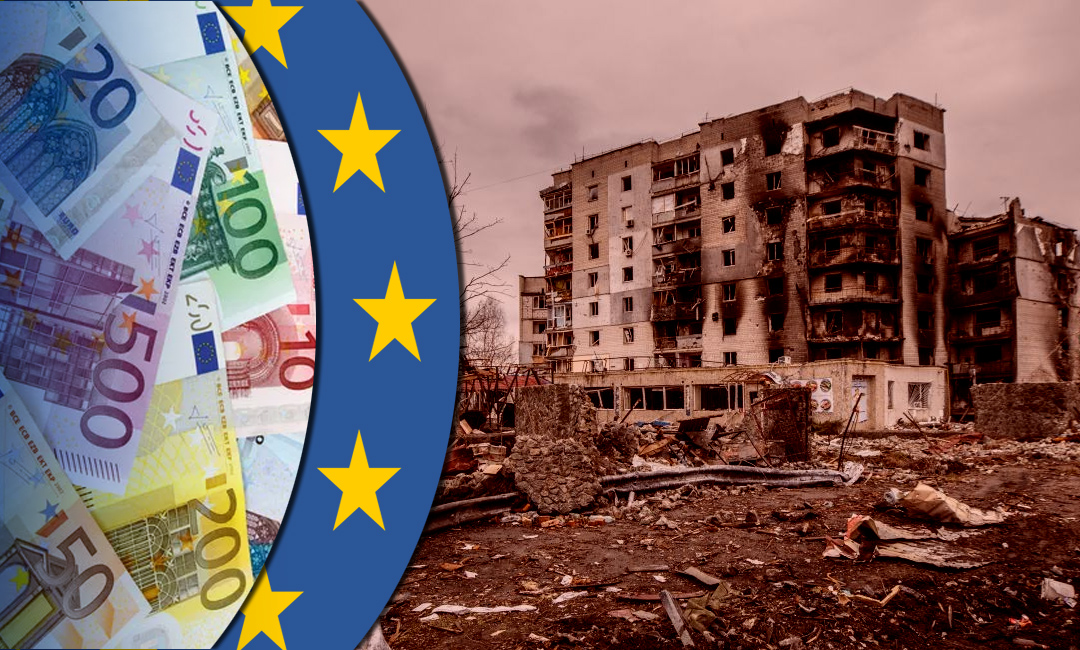EU Seeks to Channel Russian Assets Into $300 Billion Reparations Loan for Ukraine

Ukraine could gain access to as much as $300 billion in funding under a new European-backed plan that would channel frozen Russian assets into a reparations-linked loan.
The Gaze reports this, referring to Reuters.
The proposal is designed to strengthen Kyiv’s finances while avoiding the legal and political hurdles of outright confiscation.
Under the scheme, Ukraine would receive financing upfront but be required to repay it only if Moscow agrees to cover war damages. Should Russia refuse, the debt would be written off, placing the financial burden on the aggressor rather than on Kyiv.
The concept, supported by the European Commission and promoted by international legal experts, reflects years of debate among Western governments over how to use roughly $300 billion of Russian central bank reserves frozen since the 2022 invasion.
Calls for full seizure of the assets have faced resistance from Germany, France, and Belgium, where much of the money is held. The loan approach offers a more legally defensible alternative.
One option under discussion would involve transferring the assets into a special purpose vehicle (SPV), which could then lend to Ukraine while leaving legal ownership with Russia.
An alternative mechanism would use the assets to purchase long-term zero-interest EU bonds, with the proceeds lent to Ukraine. But officials warn that this would be more complex and could ultimately leave EU taxpayers exposed if Moscow never pays.
Kyiv faces a looming budget shortfall early next year as U.S. aid flows dry up, heightening pressure for swift action. Ukraine’s government forecasts it will need $44 billion in international aid to cover its 2026 budget gap, with $18 billion in funding sources yet to be secured.
Experts say that finalizing the reparations loan quickly would not only stabilize Ukraine’s finances but also bolster its leverage in any eventual negotiations with Russia.
About €210 billion of frozen Russian assets are located within the EU, while a further $75 billion are held in other jurisdictions. Canada, the UK, and Japan are expected to support the initiative, with Ottawa, currently chairing the G7, preparing to raise the proposal at the group’s level. Washington controls only around $5 billion in Russian reserves, but its political backing is seen as crucial.
As The Gaze reported earlier, Germany has changed its position and become a supporter of actively using frozen Russian assets to support Ukraine's defense, prompting other European countries to seek similar financing options.